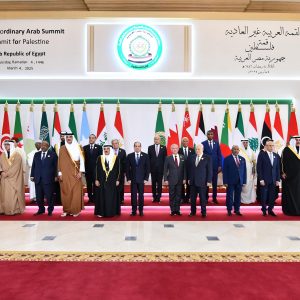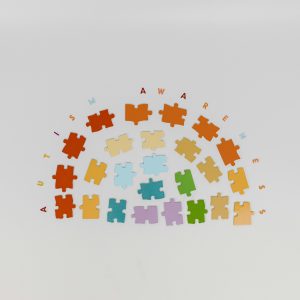West Bank tensions ‘obstacle’ to peace, says EU’s Borrell
Munich, Germany – AFP
EU foreign policy chief Josep Borrell on Sunday said the situation in the Israel-occupied West Bank posed a major obstacle to finding a long-term solution for peace between Israel and the Palestinians.
“The West Bank is the real obstacle for the two-state solution,” Borrell said at the Munich Security Conference.
“The West Bank is at boiling… we could be on the eve of a greater explosion,” he said.
Around 490,000 Israelis live in the West Bank, which Israel has occupied since 1967, in dozens of settlements that are deemed illegal under international law.
The settlers live alongside around three million Palestinians in the territory.
Palestinians view the Israeli settlements as a war crime and a major obstacle to peace, but many national-religious hardliners see living there as fulfilling a divine promise.
Since Israel launched its war on Gaza in early October, the number of clashes between Israeli forces and Palestinians in the West Bank has increased.
Borrell said the EU needed to “support the Arab initiative” to establish a Palestinian state, including both the West Bank and the Gaza Strip.
Borrell’s comments came after Israeli Prime Minister Benjamin Netanyahu rejected a plan for international recognition of such a state, following reports of such an initiative in The Washington Post.
The US newspaper reported that US President Joe Biden’s administration and a small group of Arab nations were working out a comprehensive plan for long-term peace between Israel and the Palestinians.
It included a firm timeline for the establishment of a Palestinian state, the report said.
A question mark remained over who would lead a post-war Palestinian state. The US has pinned its hopes on a reformed Palestinian Authority to be a better partner for Israel.
The Palestinian Authority, which holds limited authority in the West Bank, is led by Mahmud Abbas and his party Fatah.
Gaza has had its own separate administration run by Hamas since 2007.
Speaking at the Munich conference, the Palestinian prime minister Mohammad Shtayyeh said the Palestinian Authority “(does) not have a partner in Israel”.
“We need to move from talking about two states to implementation of two states,” Shtayyeh said.











